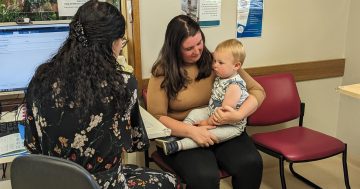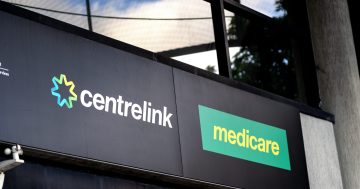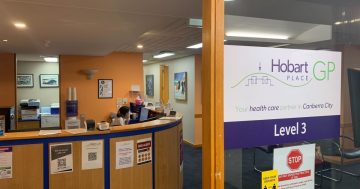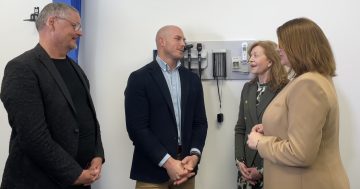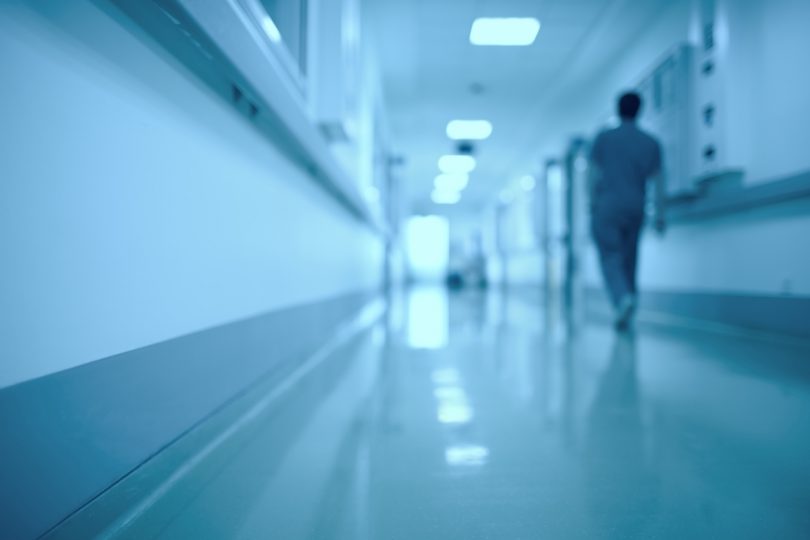
The universality of our health system: how accessible is healthcare in the ACT?
None of us like being ill. If we do get sick, we generally understand that we will be able to afford the healthcare we need. There is a strong community consensus that access to health care and supports should be dependent on our needs rather than our bank balance.
Unfortunately, however, while we talk about Australia’s universal health system, we are moving further away from this assumption. Today, we have what we call a two-tier system. This means that it is a bit of lottery around the type of care you get, whether or not it can be provided through the public health system, and how much it will cost – depending on what health issue you have, and increasingly where you live.
While there is a good understanding about challenges in accessing appropriate health care in rural and regional settings, it is pretty surprising to find that in a large urban centre like Canberra, getting affordable healthcare when you need it can be a real challenge. A number of reports recently suggested that the issues that people face in the health system are exacerbated in the ACT. The Australian Institute of Health and Welfare has found that Canberra residents face some of the longest waits for elective surgery and the Australian Productivity Commission has highlighted our low rate of GP bulk-billing, around 25% lower than the rate across Australia.
We must not lose sight of the fact that some things work really well here in the ACT. Only last weekend, I had a great experience with our local health system when I had to make a trip to the local emergency ward of one of our hospitals, with a child who we suspected had a broken wrist. Over a few hours, we were seen by professional medical staff, received treatment and were sent on our way. A couple of days later, we were contacted by the hospital for follow-up care. It was professional, efficient and didn’t involve any out-of-pocket costs. However, for many people with more complex ailments that may require surgery, they can be left waiting many months to receive treatment that may not be life-threatening but deeply impacts on their health and wellbeing.
Our low rate of GP bulk-billing has been a concern for many years. We are seeing some improvements, with an increase of almost 10% from a decade ago when a bit over half of GP visits were bulk-billed. However, the current performance means that around one in three visits to the doctor requires an out-of-pocket cost. For many of us, this $20 or $30 charge is annoying but manageable. However, for people on low incomes, those requiring regular and on-ongoing medical treatment or those dealing with other unavoidable expenses, this can mean being forced into the choice of a visit to the doctor or other life essentials, like buying food for the family or paying the electricity bill. As such, it is hardly surprising that the Productivity Commission also reported that the ACT has higher rates of people either deciding not to visit the doctor or delaying a visit due to cost than other parts of the country.
Delays in accessing care can have huge impacts at an individual level, and actually cost the health system hugely. We need to be encouraging more people to see their local doctor when they think something wrong. Rather than having swaths of ‘worried well’, we know that particular groups in the community are not going to the doctor enough to pick up a problem before it turns into an emergency. People on low-income are particularly at risk of delaying care, and the physical health needs of people at the margins, including people who are homeless, are significant.
The mid-year budget review has seen an injection of funds to incentivise bulk billing GPs in areas of growth in the ACT, and to try and reduce waiting times for elective surgery. This is a good thing but needs to be complemented with strong investment in preventative health, community-based health options and innovative models of healthcare such as the patient owned healthcare co-operatives that are emerging in the ACT.
What are your experiences of trying to access affordable health care or bulk billing doctors? What do you think needs to happen to improve our access to healthcare?












